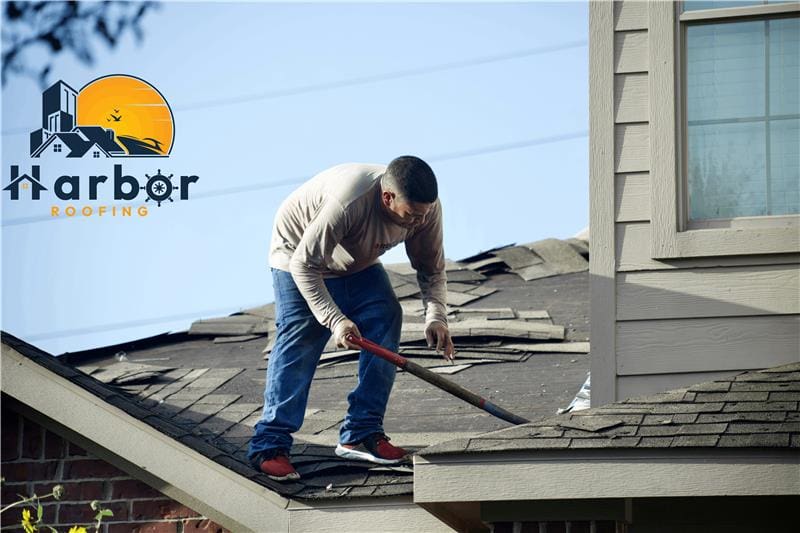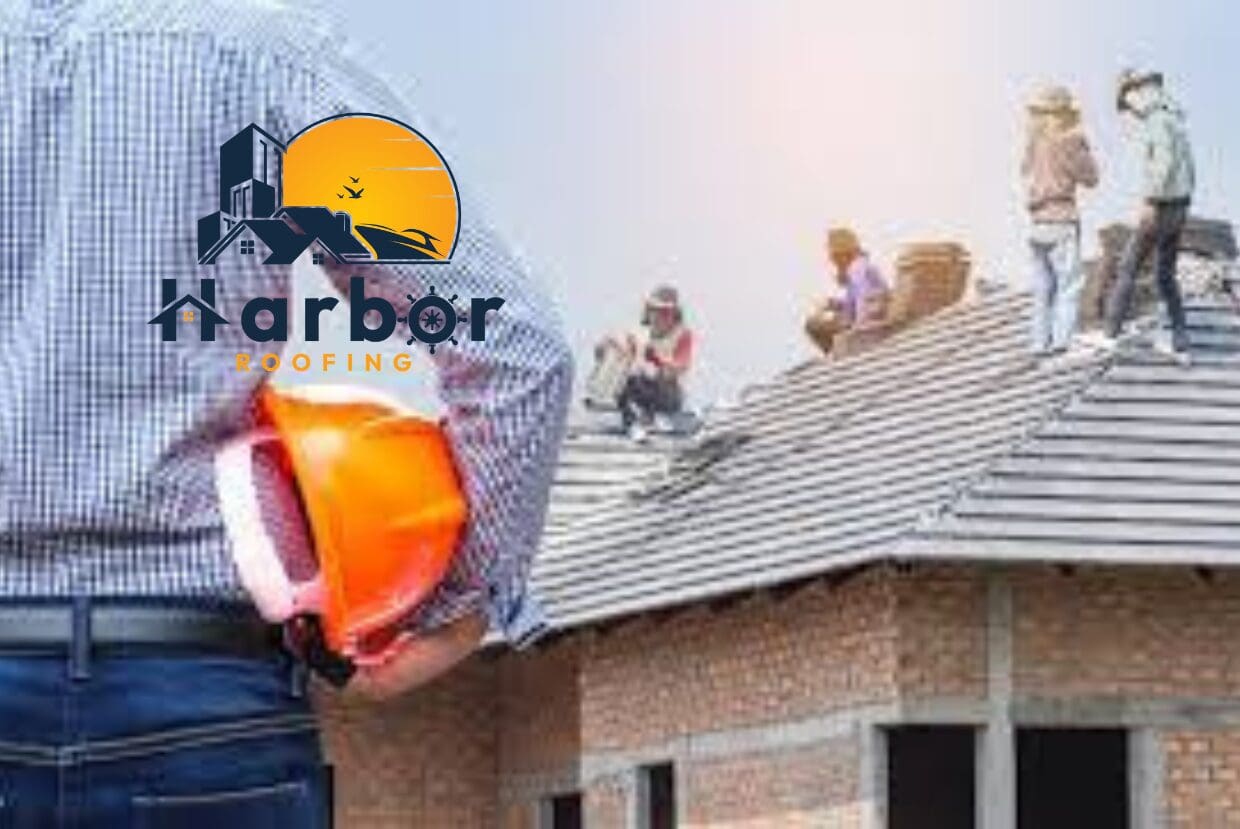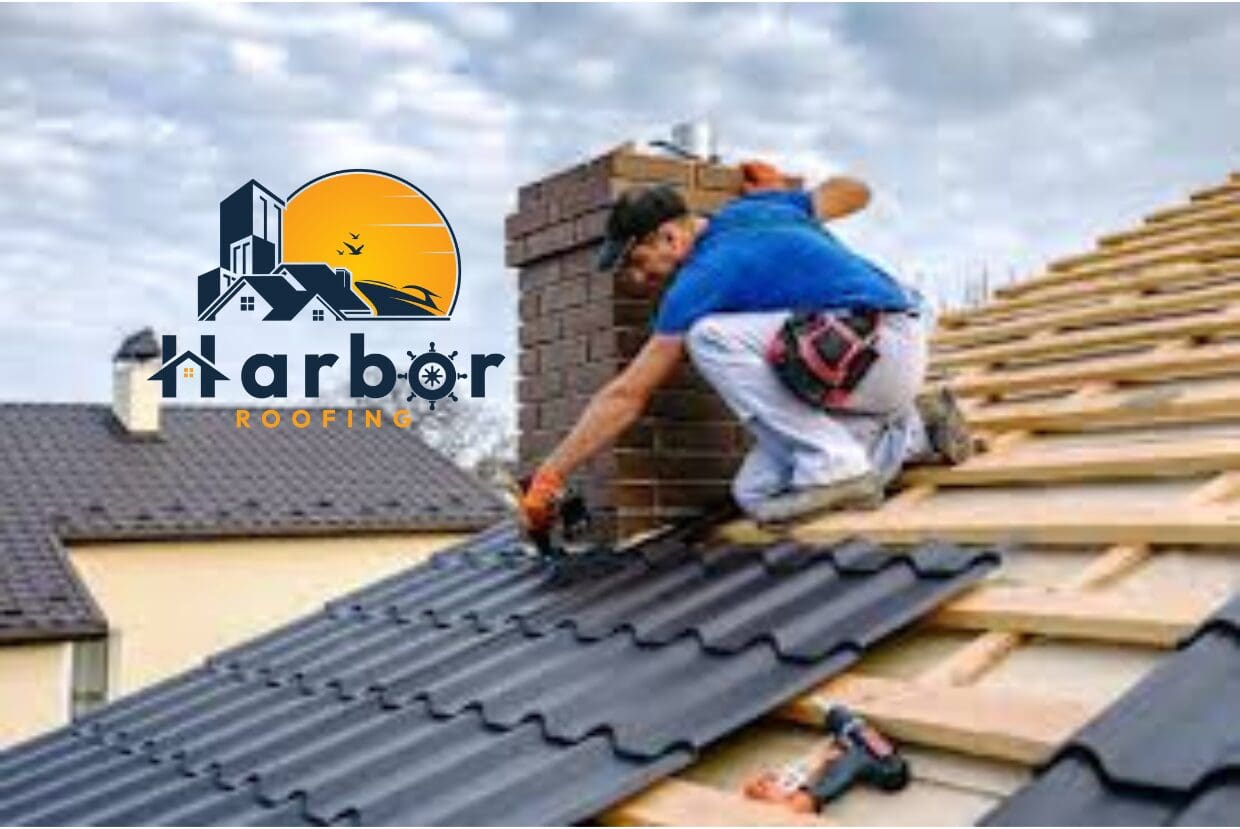Table of contents
- Why You Must Hire the Right Roofing Contractor?
- Start with a Local Search
- Verify Florida State Licensing and Insurance
- Ask About Experience and Specialization
- Check References and Reviews
- Get Multiple Written Estimates
- Understand the Roofing Materials
- Review Warranties Carefully
- Ask About Permits and Inspections
- Understand Florida Building Code Requirements
- Avoid Common Roofing Scams
- Ask If They Help With Insurance Claims
- Consider Energy Efficiency and Storm-Ready Options
- Check Cleanup, Disposal, and Crew Practices
- Evaluate Communication and Responsiveness
- Final Checklist
- Final Thoughts
Florida has beautiful, shiny skies and tropical weather, which can be a dream paradise, until hurricane season hits or the relentless sun starts taking a toll on your roof. The hurricane winds, UV exposure, and torrential rains can all damage your roof, which means you need roofing that is strong, reliable, and installed by experts who understand the unique weather conditions of Florida. Choosing the right roofing contractor is one of the most critical decisions you’ll make as a homeowner, if you’re repairing storm damage or upgrading your roof for energy efficiency.
But the problem is, there are dozens of companies offering roofing instalments and repairs, even a single Google search will give you a whole list when you search for “roofing contractors near me”. So, how do you know whom to trust? This is why we have made this comprehensive guide to walk you through everything you need to know about selecting a reliable, licensed, and qualified roofing contractor near me in Florida.
Why You Must Hire the Right Roofing Contractor?
Your roof is your home’s first line of defence against the elements. In a state like Florida, where high winds, humidity, and salt air are regular challenges, you can’t afford to hire the wrong person for the job. Choosing the right contractor is essential as it ensures you receive quality workmanship that lasts.
A professional roofing contractor ensures compliance with state building codes and insurance standards, has valid warranties for materials and labor, and most importantly, offers peace of mind during storms and extreme weather. The right roofing contractor is the only way to be safe and enjoy Florida weather without any stress.
Start with a Local Search
Your first step is simple. Go local with a quick Google search for “roofing contractors near me”. This search will pull up countless options in your area. Local roofers are more familiar with Florida-specific weather patterns, building regulations, and permitting processes than national chains or out-of-state companies. But the question is, how do you narrow down your search?
The answer is to look for roofers who have a physical office or address in your city or county, who serve multiple nearby areas (e.g., Tampa Bay, Orlando, Miami), must have clearly listed contact information, are listed on trusted directories like Angie’s List, Yelp, or the Better Business Bureau, and have at least 3 to 5 years of experience in Florida roofing.
Avoid fly-by-night operations, especially those that show up right after a storm. These “storm chasers” may not be licensed and could vanish after taking your deposit.
Verify Florida State Licensing and Insurance
Before you even get a quote, make sure the contractor is legally allowed to work in Florida. You’d be surprised how many homeowners don’t check credentials before hiring. Florida has strict laws for a reason. A minor mistake in roofing can be detrimental during rough weather conditions.
Florida Roofing Contractor Licensing:
All roofing contractors in Florida must be licensed by the Florida Department of Business & Professional Regulation (DBPR). There are two types of licenses:
- Certified Roofing Contractor (CCC): Can work anywhere in Florida
- Registered Roofing Contractor: Limited to local jurisdictions
You can verify a license through the DBPR website by searching the contractor’s name or license number.
Don’t Forget Insurance
Make sure your roofing contractor carries:
- General Liability Insurance: Protects your property from accidental damage
- Worker’s Compensation Insurance: Covers injuries sustained by workers on your property
Always ask for proof and verify it with the insurance provider if needed.
Ask About Experience and Specialization
Florida has unique roofing needs, from hurricane resistance to mold prevention. Not every roofer is qualified to handle these challenges. Many roofing contractors are not even aware of the engineering and code compliance needed in Florida. Hence, you should ask some questions to make sure they are the right fit.
Here are some questions to ask:
- How long have you been in business in Florida?
- Do you specialize in residential, commercial, or both?
- What roofing materials do you commonly install (shingle, tile, metal, flat roofs)?
- Do you have experience with hurricane-rated roofing systems?
- Are you familiar with Miami-Dade approved materials?
- Do you follow the Florida Building Code (FBC) standards?
If they can’t answer confidently, move on. Experience doesn’t always mean better, but it often reflects a company’s ability to adapt to local building codes and weather demands.
Check References and Reviews
Even if a roofer looks great on paper, you should always dig into their reputation. Honest feedback from past clients is a goldmine. You can look online or ask someone who recently got a roofing job done for references and reviews of local contractors.
You can look at the following platforms for online reviews:
- Google Reviews and Yelp: Focus on recent reviews from homeowners in your area.
- BBB (Better Business Bureau): Check their rating and any unresolved complaints.
- Facebook and Local Forums: Community groups often share personal recommendations.
What to Look For?
Here are a few basics you should look on reviews for before hiring:
- Timeliness and professionalism
- Clean-up after the job
- Communication and updates
- Quality of the finished product
- Resolution of any issues or follow-up
Ask the contractor directly for 3 to 5 references from recent jobs. A trustworthy roofer will be happy to connect you with past clients.
Get Multiple Written Estimates
Don’t settle for the first quote. One of the biggest mistakes homeowners make is accepting the first offer they get. Getting at least three written estimates helps you understand the market rate and spot red flags.
A solid estimate should include the following:
- Detailed breakdown of labor and materials
- Project start and end dates
- Payment schedule and deposit requirements
- Warranty terms (materials and labor)
- Cleanup and disposal of old roofing materials
Be cautious of bids that are much lower than others. That’s often a sign of shortcuts, low-quality materials, or hidden fees later. Also, avoid vague descriptions and pushy sales tactics; that’s a clear red flag.
Understand the Roofing Materials
The best material for your roof depends on your location, budget, and priorities (energy savings, durability, storm resistance). Here are the most common roofing options in Florida:
- Asphalt Shingles: They are very affordable and easy to use, which is why they’re widely used in Florida. However, they only have a moderate lifespan and may wear quickly in high heat or can blow off in strong winds.
- Metal Roofing: Durable, fire-resistant, and energy-efficient, ideal for hurricane-prone areas. Due to these qualities, they have a higher upfront cost.
- Clay or Concrete Tile: Great for coastal homes with high heat, and they are very long-lasting. But they tend to be heavy and require additional structural support.
- Flat Roofing (Modified Bitumen, TPO): Common for modern or commercial-style homes. They are also used in some coastal homes. The only downside is that they require regular inspection.
Ask your roofer which options are best for hurricane-prone zones. A good roofer should offer insights into which materials are best for your budget, area, and goals.
Review Warranties Carefully
Roof warranties vary widely. Don’t assume your roof is protected; you must read the fine print. Roofing warranties come in two main forms:
- Manufacturer’s Warranty: Covers the roofing material itself (e.g., shingles)
- Workmanship Warranty: Covers the labor and installation
Especially in Florida, you want a roofer who offers strong workmanship warranties of at least 5 years or more. Also, ask whether the warranty is transferable if you sell your home and whether any specific registration is needed to activate it.
Ask About Permits and Inspections
Florida building codes are among the strictest in the U.S., especially in hurricane zones. In Florida, nearly every roofing job requires a permit, even small repairs. If your contractor says otherwise, it’s a major red flag. A reliable contractor should handle all necessary permits and inspections on your behalf. Do not pull a permit in your own name. If anything goes wrong, you’ll be liable.
Key Considerations:
- Is the contractor familiar with your city or county’s permitting process?
- Will they schedule the final inspection with local authorities?
- Do they handle paperwork for insurance claims (if applicable)?
Never agree to a roofing project without permits. It can void your insurance and result in costly fines.
Understand Florida Building Code Requirements
Florida has adopted stringent roofing regulations due to its susceptibility to hurricanes. A quality roofer should be up-to-date on:
- Wind uplift resistance standards
- Underlayment installation protocols
- Nail spacing and fastener requirements
- Secondary water barriers for added protection
Ask your roofer how they meet or exceed these requirements in their installations. Given Florida’s storm seasons, the right contractor should automatically offer features like:
- Hurricane clips and straps
- Peel-and-stick secondary water barrier
- Impact-resistant shingles or tiles
- Proper ventilation to avoid moisture buildup
Make sure your new roof will meet or exceed FBC 2023 hurricane mitigation standards. You may even be eligible for homeowner insurance discounts for installing these features.
Avoid Common Roofing Scams
Unfortunately, Florida is known for post-storm roofing scams. If your roof was damaged in a storm or hurricane, be extra cautious.
Here are some red flags to watch out for:
- “We’ll waive your deductible” offers – this is insurance fraud
- Contractors who ask for full payment upfront
- No written contract or extremely vague estimates
- High-pressure sales tactics
- Out-of-state license plates or no local office
Stick with contractors who are licensed, insured, and established in your area.
Ask If They Help With Insurance Claims
If your roof was damaged by a hurricane, hail, or other covered peril, a good roofer can help you:
- Document the damage
- Meet with your adjuster
- Provide proper estimates
- Avoid underpayment by insurers
Look for a roofer with experience navigating Florida’s insurance processes.
Consider Energy Efficiency and Storm-Ready Options
Roofing in Florida is about improving comfort and reducing energy bills, along with keeping the water out.
Ask your roofing contractor about:
- Cool roof coatings to reflect heat
- Hurricane straps and clips for enhanced storm protection
- Impact-resistant shingles or metal roofing
- Attic ventilation systems
- Solar panel readiness
These features not only protect your home but can also increase its resale value.
Check Cleanup, Disposal, and Crew Practices
The work of a professional roofer doesn’t stop at just roof installations. The post-installation work is as important as the roofing itself. Your roofing contractor should respect your property and perform proper cleanup and disposal. Make sure they:
- Use magnetic tools to pick up nails
- Provide a dumpster or haul away old roofing
- Protect landscaping and driveways
- Don’t leave messes or debris behind
Also, ask how large their crew is and if they use subcontractors or in-house labor.
Evaluate Communication and Responsiveness
If they’re hard to reach before you hire them, imagine what happens after a storm damages your roof. Hurricanes and harsh weather can damage your roof, and then you need your contractor to fix it. But oftentimes, unprofessional or fly-by-night storm chasers don’t uphold their commitment and ghost you when you need repairs under warranty.
That’s why you want a contractor who answers emails and phone calls promptly, updates you on progress, sends documentation digitally, and most importantly, follows up after completion.
Final Checklist
Here is the final checklist for choosing the right Florida roofing contractor:
- Is licensed and insured in Florida
- Has a solid local reputation and reviews
- Provides a detailed, written estimate
- Uses Florida-rated roofing materials
- Handles permits, inspections, and cleanup
- Offers a strong workmanship warranty
- Understands hurricane codes and mitigation
- Helps with insurance claims (if needed)
- Communicates clearly and professionally
Final Thoughts
Choosing a roofing contractor in Florida means three things: Trust, transparency, and local Expertise, which doesn’t have to be overwhelming. Focus on local professionals who are transparent, licensed, insured, and highly rated by your neighbors.
When in doubt, go back to basics:
- Search roofing contractors near me
- Verify licensing and insurance
- Compare estimates and warranties
- Read real reviews from homeowners like you
Taking the time to vet your roofer now will save you time, money, and headaches down the road, especially when the next hurricane season rolls around.



